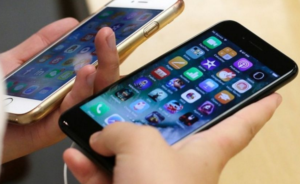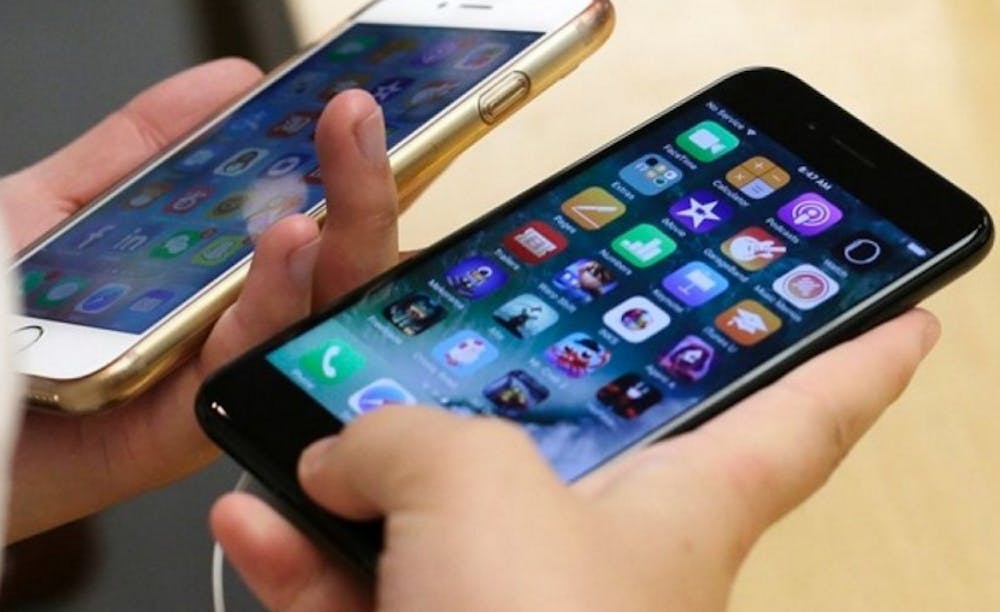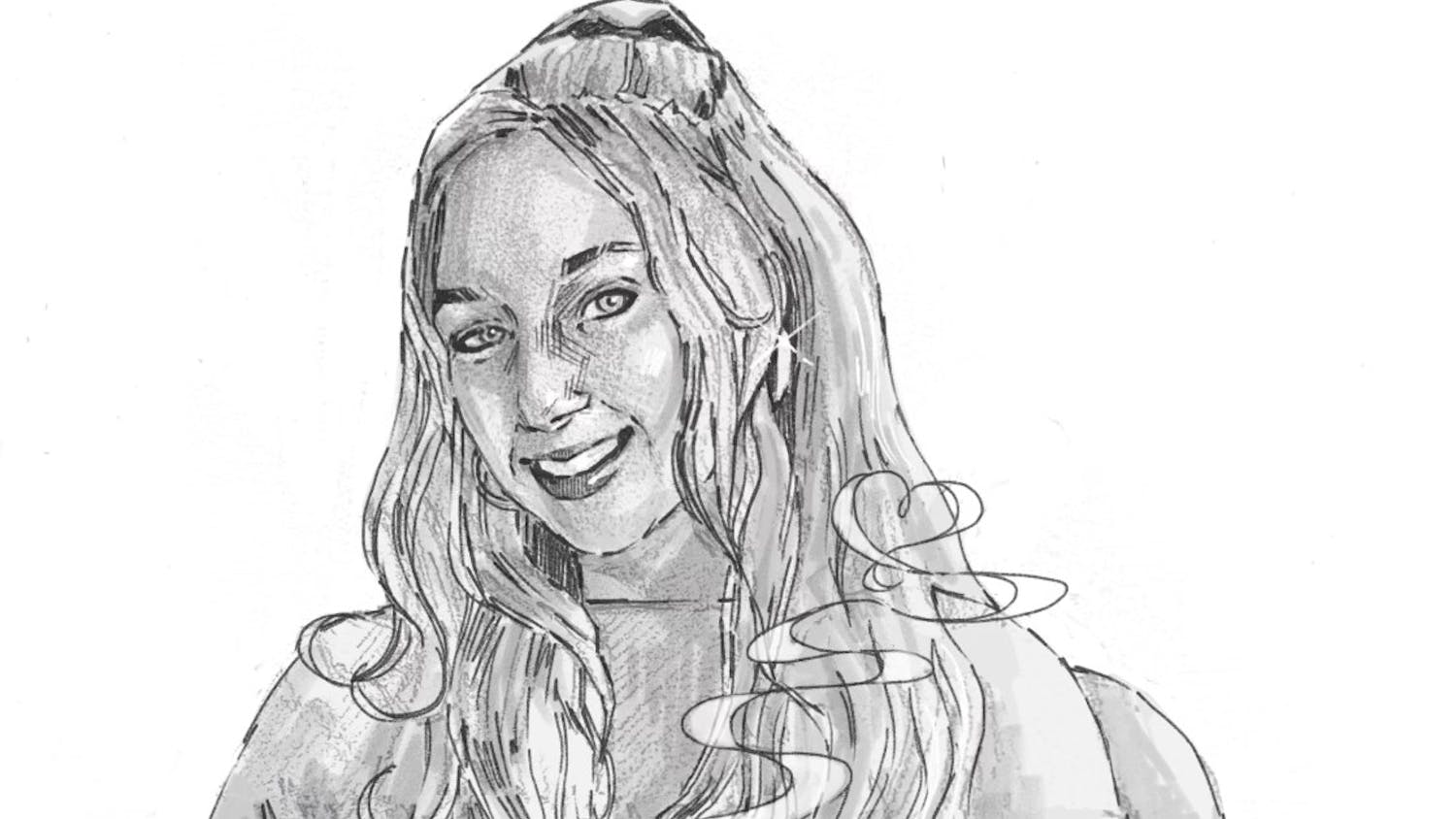By Malcolm Luck
Sports Editor
The increasing prevalence of social media platforms provides us with a one-of-a-kind opportunity.
I’m not talking about the opportunity to “slide into the DMs” for a virtual conversation with that girl you are too afraid to approach in person, although that may be helpful. I’m referring to the access of the thoughts and mental construction of the individuals that we follow, available at our fingertips.
While it’s easy to scroll through Facebook or Twitter without consciously comprehending every tweet, post or GIF engulfing our timelines, these platforms are designed to be a simulated soapbox for their users.
On Twitter, “What’s happening?” is the default message before the composition of a tweet. On Facebook, “What’s on your mind?” greets its users in a box, encouraging a post that dives into each user’s consciousness.

Whether you like it or not, you will inevitably encounter a tweet or a post that is a muffled cry for help.
As a college student, sometimes it’s difficult to have a complete understanding of our own lives, let alone the lives of those around us. Weeks fly by and through the accumulation of exams, assignments and social obligations, entire weeks can start to feel like mere days.
Constantly looking out for each other’s mental well-being is a lot to ask for, but it is imperative that we do so.
We aren’t trained psychologists. Most of us don’t possess the ability to reach out to someone we barely know and probe for a deeper issue that might be on their minds, but that is not the point.
The objective of reaching out is not necessarily to resolve an internal problem someone may be having, but instead it is to project empathy and relatability while being a set of open ears and open arms for someone to confide in.
Unfortunately since I’ve graduated high school almost three years ago, a handful of my peers have taken their own lives. In a time where a vast amount of our communication occurs online, there were signs. This is not to say that all of these instances are detectable through social media, or that all signs of dissatisfaction should be assumed to end in the worst possible way. It is strictly a matter of awareness and offering a helping hand to those who may need it.
It’s not always easy to decipher the intentions of a post. It’s almost natural to get caught up in the virtual nature of social media, where you neglect to recognize the number of eyes reading your Facebook posts or the infinite lifespan of a tweet. We are becoming progressively desensitized to the personal information we consume on social media every day due to the alarmingly high volume of it. However, there are solutions.
Once in a while, take a step back and scroll through Instagram, Facebook, Twitter or Snapchat and examine the thoughts, habits and lifestyle of your peers with a more conscientious mindset.
Rather than looking at your timelines as a method of entertainment or an attempt to speed up those last 15 minutes of your Tuesday night three-hour class, I challenge you to look at them from a different perspective, one in which those photos or public posts might have an underlying meaning. An ounce of empathy may be exactly what someone needs.
A helping hand, either virtual or in real life, can go a long way.







